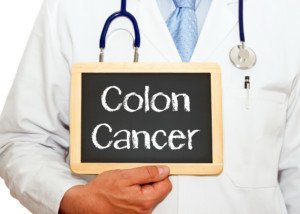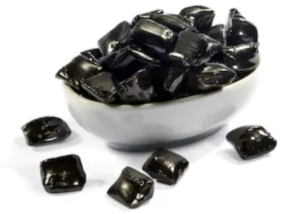Just what is meant by “tarry” stools, and is texture important as a sign of colon cancer?
How often have you read that “tarry” stools are serious cause for concern and warrant a prompt visit to a gastroenterologist?
But just what does “tarry” mean in this context?
“Tarry black stool usually refers to a dark black color,” explains Sander R. Binderow, MD, FACS, FASCRS, with Atlanta Colon & Rectal Surgery.
He adds, “Until a bowel movement is truly black, there is no need for concern.”
Bowel movements can easily appear black in non-bright lighting, especially if the toilet bowl is stained from not having been cleaned in a while.
To get a clearer view of your BMs, you should remove some from the toilet and place on a white paper plate under good lighting.
If your vision isn’t clear with close-up views (i.e., you need reading glasses), then make sure your reading glasses are on.
If you still have problems with clear vision for up-close inspections, then inspect your stools without any visual aid — see if that yields a good clear view.
What appears to be a “tarry” stool may in fact just be a very dark green/brown or dark magenta/brown (from beets).
How important is stool texture as far as possible colon cancer?
Dr. Binderow says, “Texture rarely is addressed to determine any health issues because this can vary based on a numerous amount of conditions including your environment and what you eat or drink.
“People place much more importance on the texture of their bowel movement than is necessary.
“The color, if it is not dark brown or dark green and resembles the color of tar, is more of a concern and should be discussed with the person’s physician.”
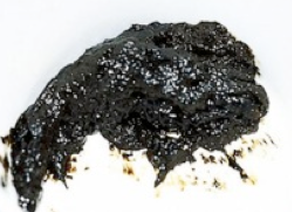
Black stools
Tar is as black as black can get — ever see hot tar in liquid form in a vat before it’s laid on the ground?
The stuff is blacker than black — and stinks to high heaven, too.
Anyways, don’t get caught up with the texture of your stools, but rather, pay note of the color.
As for colon cancer, you’ll want to consider Cologuard, which is a non-invasive screening test for cancer of the colon.
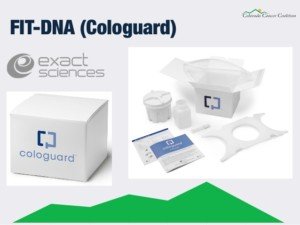
Cologuard uses the latest advances in stool DNA technology.
It detects the changed DNA from abnormal cells in stool samples which could be associated with cancer or a precancerous polyp.

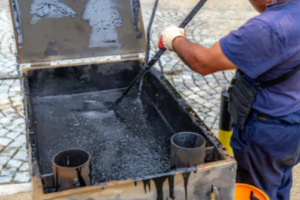
 Dr. Binderow
Dr. Binderow 